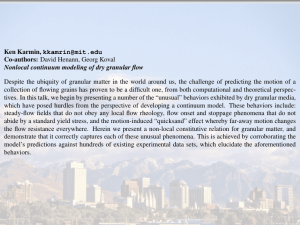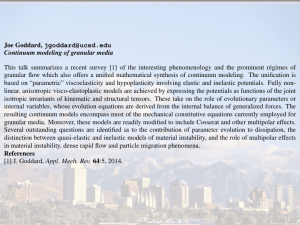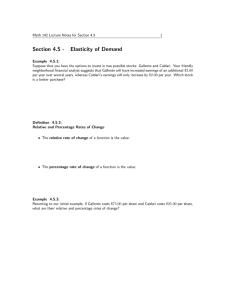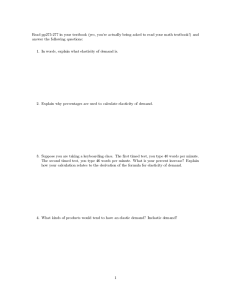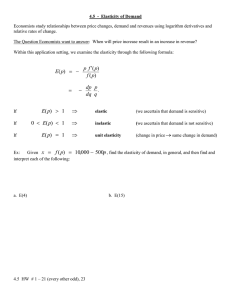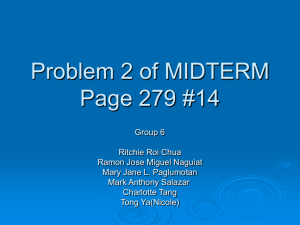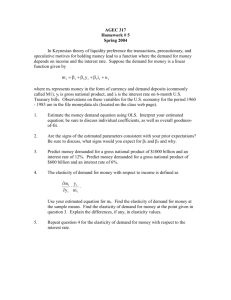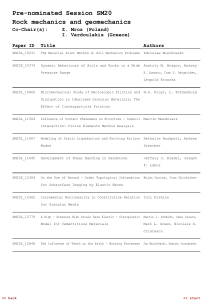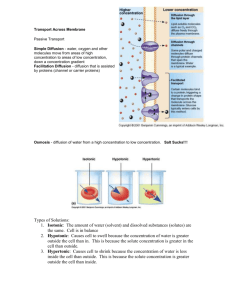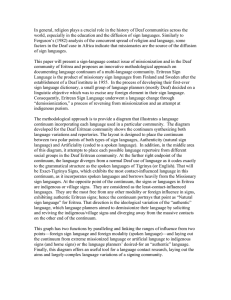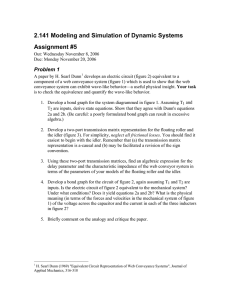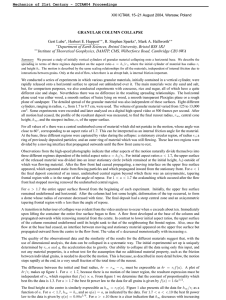18.354 – Nonlinear Dynamics II: Continuum systems
advertisement
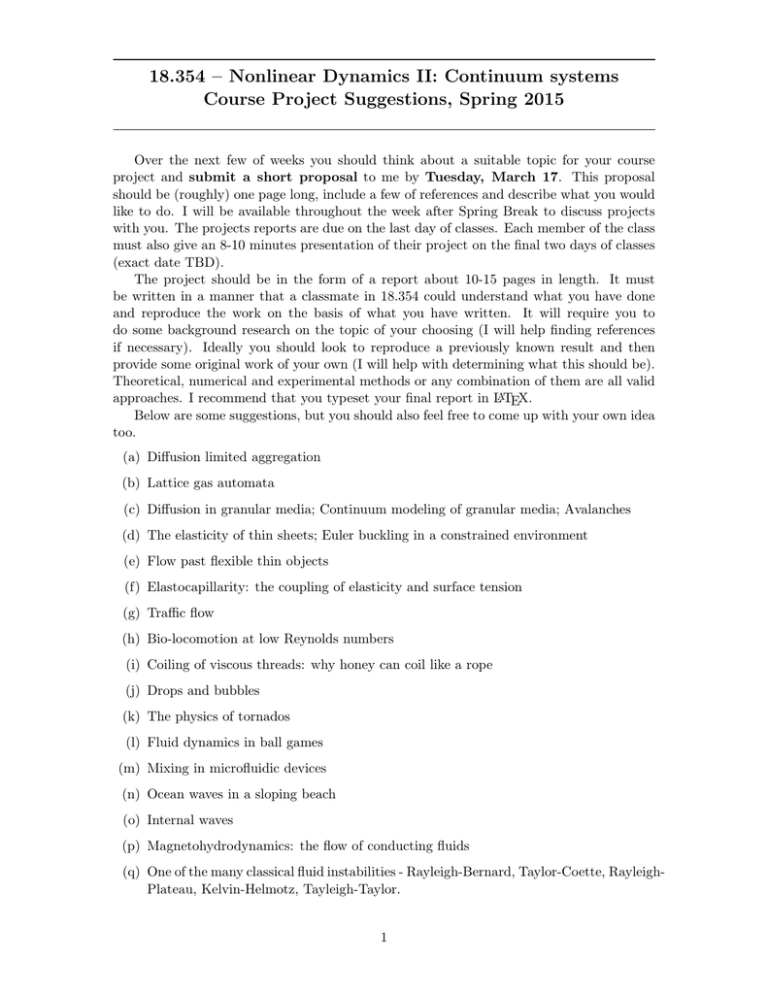
18.354 – Nonlinear Dynamics II: Continuum systems Course Project Suggestions, Spring 2015 Over the next few of weeks you should think about a suitable topic for your course project and submit a short proposal to me by Tuesday, March 17. This proposal should be (roughly) one page long, include a few of references and describe what you would like to do. I will be available throughout the week after Spring Break to discuss projects with you. The projects reports are due on the last day of classes. Each member of the class must also give an 8-10 minutes presentation of their project on the final two days of classes (exact date TBD). The project should be in the form of a report about 10-15 pages in length. It must be written in a manner that a classmate in 18.354 could understand what you have done and reproduce the work on the basis of what you have written. It will require you to do some background research on the topic of your choosing (I will help finding references if necessary). Ideally you should look to reproduce a previously known result and then provide some original work of your own (I will help with determining what this should be). Theoretical, numerical and experimental methods or any combination of them are all valid approaches. I recommend that you typeset your final report in LATEX. Below are some suggestions, but you should also feel free to come up with your own idea too. (a) Diffusion limited aggregation (b) Lattice gas automata (c) Diffusion in granular media; Continuum modeling of granular media; Avalanches (d) The elasticity of thin sheets; Euler buckling in a constrained environment (e) Flow past flexible thin objects (f) Elastocapillarity: the coupling of elasticity and surface tension (g) Traffic flow (h) Bio-locomotion at low Reynolds numbers (i) Coiling of viscous threads: why honey can coil like a rope (j) Drops and bubbles (k) The physics of tornados (l) Fluid dynamics in ball games (m) Mixing in microfluidic devices (n) Ocean waves in a sloping beach (o) Internal waves (p) Magnetohydrodynamics: the flow of conducting fluids (q) One of the many classical fluid instabilities - Rayleigh-Bernard, Taylor-Coette, RayleighPlateau, Kelvin-Helmotz, Tayleigh-Taylor. 1
